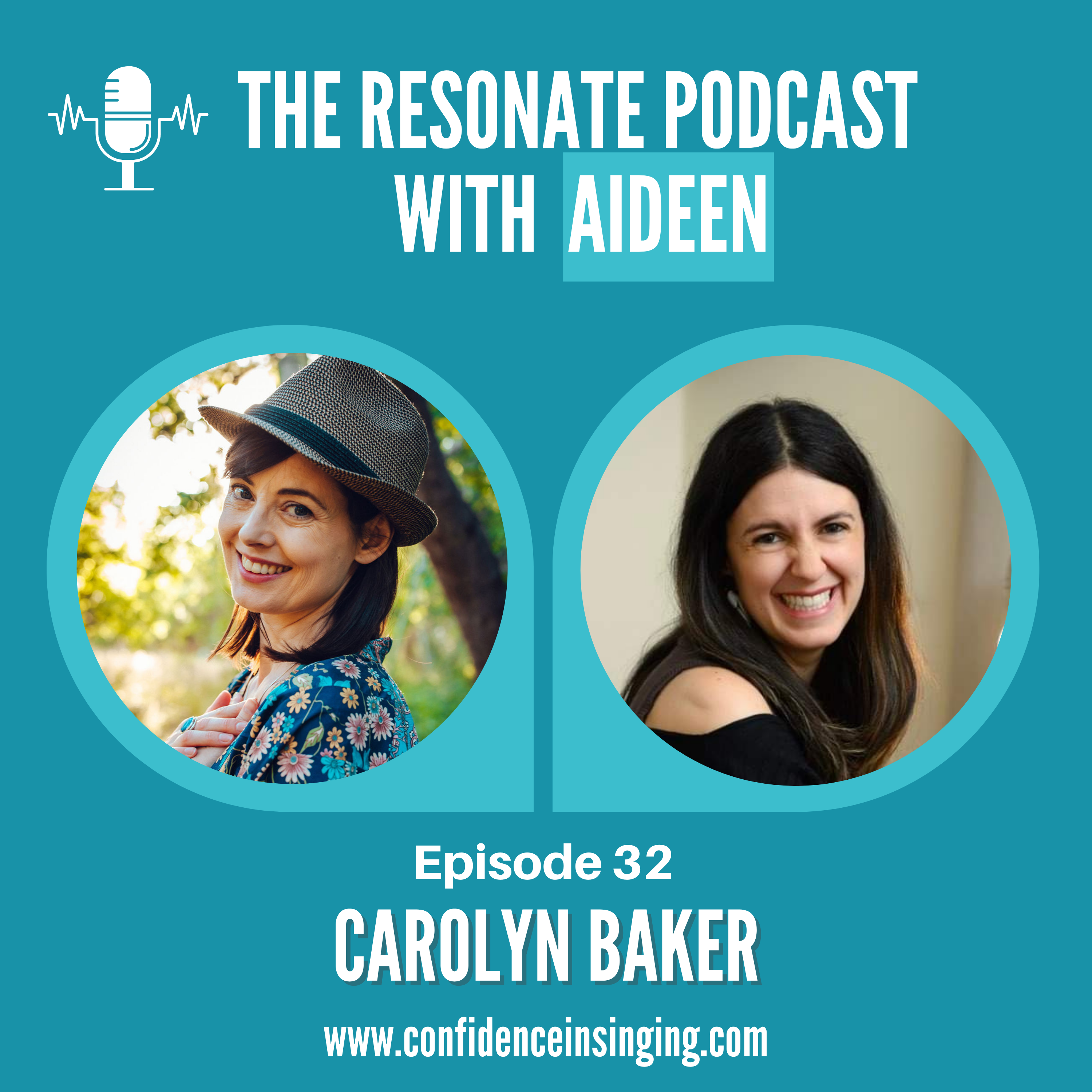With over 20 years experience in vocal coaching, Carolyn Baker understands the hopes and struggles of singers performing in front of an audience or in the recording studio. She also works with those who use their voice professionally like public speakers, CEOs, Managers and teachers. Each person, group, band or business that she engages with is personal and unique and each session is tailored specifically to their needs.
Connect with Carolyn
Website: voiceupcoaching.com.au
FB : facebook.com/voiceupcoaching
FB Group: facebook.com/groups/531508318225790/
